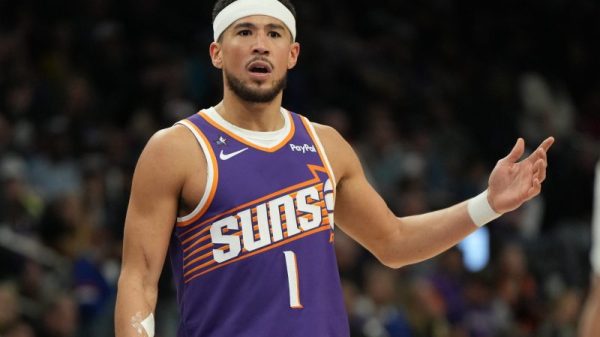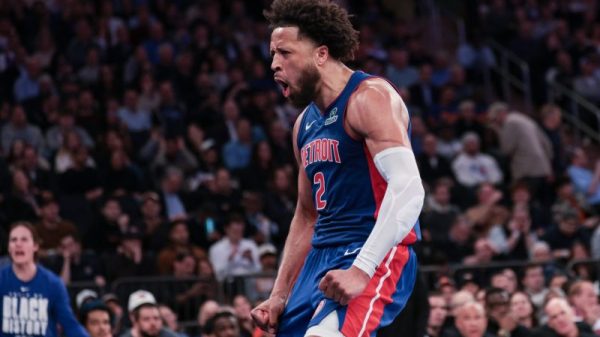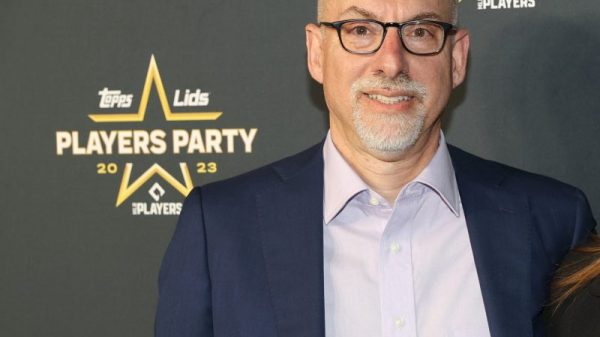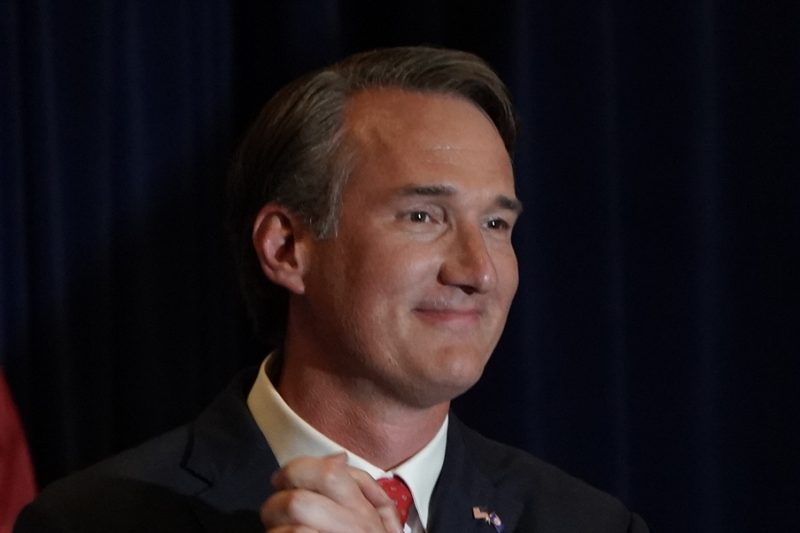It is now June of the year before a presidential election, and that means it is time for wealthy donors to start complaining about the available candidates. It is a time-honored part of the process, truly, and one that has no discernible effect on the election of the president.
For most Americans, presidential election contests come down to two or maybe three candidates from whom we are asked to pick. Usually (and increasingly, over the past few decades), people just pick the candidate from the party they usually vote for. The point of parties, after all, is to create a general set of guidelines to which candidates adhere, making it easier for voters to figure out generally who aligns with their own views. So that’s how we vote, despite the major-party candidates almost definitionally not checking all of the boxes we list for our ideal candidates.
Nominating contests are slightly better; we are given a dozen or so variations on our preferred flavor of candidate. Only a few have any chance of winning, leading us to consider them more seriously given our inherent lack of enthusiasm about spending the rest of our lives telling people we voted for, say, Mike Gravel. Still, though, we pick from the buffet in front of us.
That is because most of us are not rich people and we are not used to customizing everything that we spend money on. But rich people are used to that. They see the buffet and think, why can’t there be a big vat of vanilla pudding here, too? And maybe they think, I would be happy to chip in for a big vat of vanilla pudding. And so that’s what they do.
Historically, they learn that the restaurant didn’t have any vanilla pudding because, while it may be that rich person’s favorite, most other people can take it or leave it.
This analogy is probably overly abstracted at this point, so let’s be specific. CBS’s Robert Costa reported Monday that he has been hearing murmurs that Republican donors are mulling the prospect of “recruiting a late entry into the 2024 race.” The names he keeps hearing? Two Republican governors, Glenn Youngkin of Virginia and Georgia’s Brian Kemp.
Youngkin’s prospective candidacy has been bandied about for a while now. He demurred on a prospective bid at one point only to later release the-sort-of-video-a-presidential-candidate-releases video that suggested he was maybe thinking about it.
In a Quinnipiac University poll released at the end of May, Youngkin earned 1 percent of the vote in a hypothetical primary contest. Former president Donald Trump got 56 percent.
There are two arguments that donors would probably make here. The first is that it’s hard to assess how much support a candidate will get until he or she is actually running. Trump was in the low single digits in May 2015, after all. The second is that prominent figures in the party are eager to find someone who might serve as a counterweight to Trump and, should other candidates falter, maybe someone like Youngkin could gain.
To the second point, this is the real danger for Florida Gov. Ron DeSantis. His position as the leading alternative (25 percent in that Quinnipiac poll) means that he’s well positioned as the non-Trump candidate. But his campaign launch didn’t go that well and he hasn’t improved his position relative to Trump since. (On the day his campaign launched, he was about 33 points behind Trump in FiveThirtyEight’s average. Now he’s about 31 points behind.) That makes someone like Youngkin or Kemp appealing.
But to the first point? We’ve been through this whole let’s draft someone else! rigmarole before. In 2000, supporters tried to get Ross Perot to run as an independent for a third time. (Some friends of Trump tried to get him to do it, too.) In 2004, it was Wesley Clark, a former general seen by Democrats as a credible voice on national security in the post-9/11 world. He got about 3 percent of the primary vote.
In 2008, there were rumblings about recruiting former vice president Al Gore. In 2012, Hillary Clinton. In 2016, Republicans explored a few non-Trump alternatives, including eventual Trump defense secretary Jim Mattis.
Then there’s the guy who tried to buy not just a buffet item but the whole restaurant. Billionaire Mike Bloomberg threatened to run in 2016, out of concern about the major-party candidates. He did run in 2020, spending an exorbitant amount of money for a paltry accumulation of votes.
At no point in recent memory has there been a last-minute draftee for a presidential campaign who has gone on to win the nomination. Sure, the number of presidential elections in the era of modern primaries is small, but it’s not nonzero. And at what point was there an established primary field upended after donors managed to throw someone else into the mix? If I’m forgetting someone, please let me know.
Part of it, of course, is that donors often have different interests than primary voters. We can see that in the 2024 field: Trump is coasting with more than 50 percent of the support in recent polls! Less than half of Republicans want an alternative and even those who do still think Trump is a feasible candidate. In a CBS News poll published over the weekend, three-quarters of Republicans said they were considering Trump while only 14 percent said they weren’t. Only half said they were considering DeSantis, with twice as many saying they weren’t.
It remains possible that Glenn Youngkin or Brian Kemp could jump into the race, certainly. They might enter with tens of millions of dollars ready to spend via an affiliated super PAC. But it’s possible that Youngkin, at least, has already done some polling on this question and learned that he’s a long shot for the nomination.
There’s a reason that people who are considered possible candidates end up not running, and it’s rarely that they looked deep inside themselves and felt themselves not worthy. Politicians experience that sensation about as often as wealthy donors experience the sense that maybe they don’t know better than average voters. Instead, candidates who are considered possible contenders often choose not to run because they realize they won’t win. Some might nonetheless embrace spending other people’s money to boost their national name ID if they think that the loss wouldn’t sting too much. So we’ll see.
Or maybe everyone will wake up tomorrow with a hankering for vanilla pudding.



























